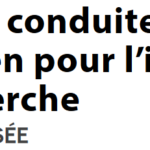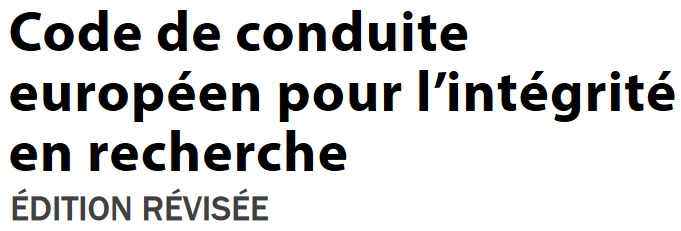-
Have a solid research question and clear hypothesis. Consider using the FINER (Feasible, Interesting, Novel, Ethical, Relevant) or PICO (Patient, Population, or Problem; Intervention, Prognostic Factor, or Exposure; Comparison or Intervention; Outcome) criteria to develop these.
-
Ensure compliance with the institutional review board and data use agreements.
-
Conduct a thorough literature review. Use a reference management program for ease in manuscript development.
-
Make sure this is the best data set available and that it has the appropriate variables to answer your research question.
-
Clearly define the inclusion criteria, exclusion criteria, and outcome variables. Use a flow diagram to describe final patient selection.
-
Identify potential confounders and use risk adjustment to minimize bias. Consider using a directed acyclic graph to represent potential associations. Avoid use of causal language in reporting results of these observational studies.
-
Ensure that the data variables have not changed over time. If so, account for this.
-
Ensure that competing risks are identified and addressed.
-
Ensure that data issues, such as missing data, are discussed and that any sensitivity analyses or imputations performed are reported in a clear and cohesive way.
-
Ensure that your article has a clear take-home message that addresses how your research advances current knowledge and has important policy or clinical implications.
Mais que font les chirurgiens qui analysent ces bases, car ces critères sont basiques : avoir une question de recherche ! un avis d'un comité d'éthique ! une revue de la littérature ! Je ne suis pas étonné car je rencontre toujours en 2018 des étudiants qui veulent faire une thèse de médecine : ils ont déjà eu plusieurs rendez-vous avec leur directeur de thèse avec l'objectif d'aller faire de l'archéologie dans les dossiers du service. Je leur demande 'quelle est votre question de recherche ?', et ces étudiants me répondent : "Mon directeur m'a dit de faire le travail et que l'on verra la question après"… C'est en 2018 !





